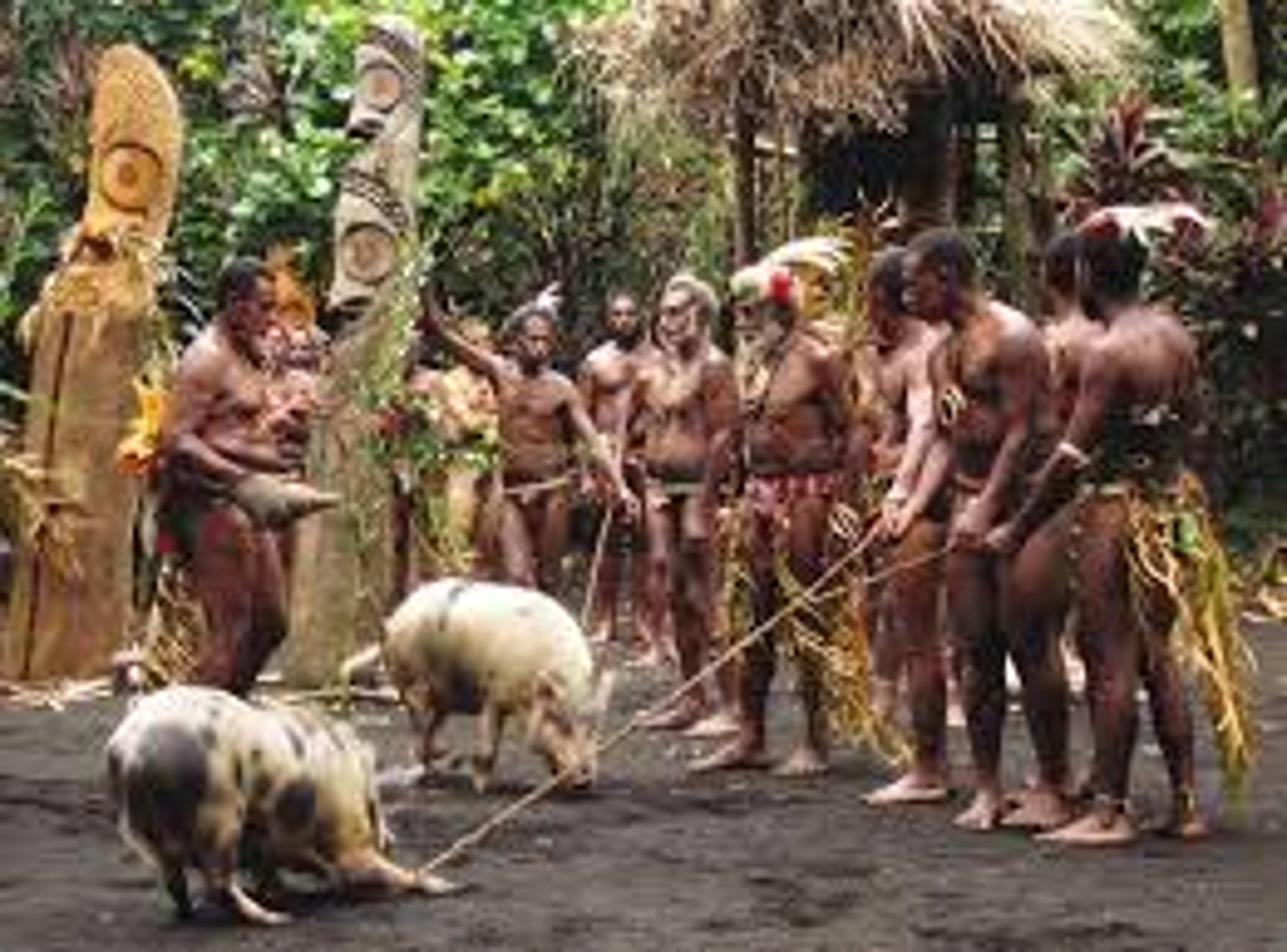

Dr Emalani Case is a senior lecturer in Pacific studies at University of Auckland.
William Chea/Supplied
‘You feel the bombs all the time’
Hawaiian academic Emalani Case on growing up near the largest military base in the Pacific, and New Zealand and Tonga’s participation in RIMPAC.


From the friendly isles to Koroneihana: The Tongan hairstylist trusted with a Queen

Ancient DNA shows how Pasifika carried pigs across the ocean


Pacific Warned: Global powers will act if island nations remain weak

From the friendly isles to Koroneihana: The Tongan hairstylist trusted with a Queen

Ancient DNA shows how Pasifika carried pigs across the ocean

There are growing concerns about the militarisation of the Pacific, but for academic Emalani Case, who grew up in Hawai’i, it’s personal.
“You would see tanks driving through your hometown all the time, helicopters all the time, you feel the bombs all the time.
“When I grew up, military personnel would come to our schools, they'd drive their tanks onto the playground, and it was something that was made to be cool. It was framed as, ‘Wow, look what you can be a part of’.”
Case grew up in Waimea on Hawai’i island, about half an hour’s drive from Pōhakuloa, the largest military training base in the Pacific.
“I grew up learning about the three Rs of explosive safety and how to report if you see an unexploded ordinance on your playground.
“As a child, you think that that's normal until you learn about militarisation and come to learn that, ‘Wow, it's actually because our land has been taken and our lives and our beliefs and our stories and our akua [god, divine being] and all of that’s been completely disregarded’ that that's even been able to happen.”

Tongan soldiers distribute ammunition at Pōhakuloa Training Area in 2016. Photo/RIMPAC Facebook page
Her comments come amid the world's largest military exercise, known as RIMPAC, taking place in Hawai'i.
Speaking to William Terite on Pacific Mornings, Case said the month-long event represented the wider impact on her homeland and the region.
“I often talk about RIMPAC as an event that is quite symbolic of a larger structure and a system that is and has been destroying and desecrating our lands and waters and dispossessing Hawai’ian people for generations, and every two years RIMPAC comes back and it's just a reminder of this complete disregard for our whenua, our moana, our people.”
‘Coming together to practise war’
Case is a senior lecturer in Pacific studies at the University of Auckland, and said many of her students don’t realise our close connection with the event hosted by the United States.
“I have Tongan students, and when they become aware of the fact that Tonga is participating in RIMPAC, they're often quite shocked about it.
“I think people often see RIMPAC as this issue that's far away and in Hawai’i, so it's not something that they need to be concerned about, and then when you list all of those participating nations and they see that Tonga is there and they see that New Zealand is there, they realise, ‘Wow, this is actually something that I need to be caring about’.”

U.S. Marines, Royal Tongan Marines train during RIMPAC 2024. Photo/Lance Cpl. Oliver Nisbet
The inclusion of Israel and other countries has prompted fresh calls for New Zealand to pull out of the event.
“We're sending troops to play war games with the IDF [Israel Defense Force],” said Case. “Indonesia's there as well and look at what they have been doing in West Papua, so why would we want to be a part of that?
“France is also another participating nation and look at what's happening in Kanaky [New Caledonia], so we've got to think about who we're playing games with.”
New Zealand an active participant in global game
In Aotearoa, opposition parties have condemned RIMPAC. During scrutiny week at Parliament, Te Pāti Māori co-leader Debbie Ngarewa-Packer asked Prime Minister Christopher Luxon for his response to native Hawai’ians who are urging New Zealand to withdraw from RIMPAC.
“I haven’t seen those comments,” Luxon said.
When further pressed on New Zealand’s role in upholding human rights in Kanaky and West Papua, Luxon said that oversight should be upheld by the Pacific Islands Forum.
“The Pacific Islands Forum (PIF) is the central body by which Pacific leaders resolve Pacific challenges. On all of those issues, we try and use the centrality of PIF as the reason by which we resolve our regional issues, and we'll continue to do that when we meet together in Tonga at the Pacific Island leaders' forum.”
Labour’s foreign affairs spokesperson David Parker said New Zealand’s participation in RIMPAC went against the National Party’s promise to recognise Palestine.
“To now participate in RIMPAC operations with the Israeli Defence Force will be seen by New Zealand citizens and by non-western countries as further evidence of the lop-sided approach by this government to the tragedy that is happening in Palestine.”
Case said there were large implications for New Zealand and Tonga’s involvement, raising questions about complicity with the United States and other participants.
“It's not just about the destruction that's happening there, but the way that all of these countries are coming together to practise war, how these imperial and genocidal regimes are coming together to practise war and then going out and inflicting violence in other parts of the world.”
Watch the full interview with Dr Emalani Case on Pacific mornings: